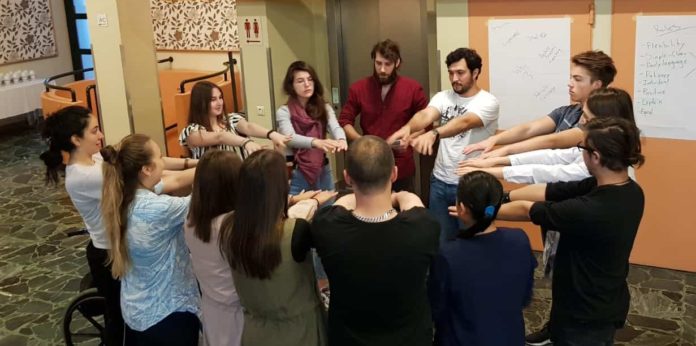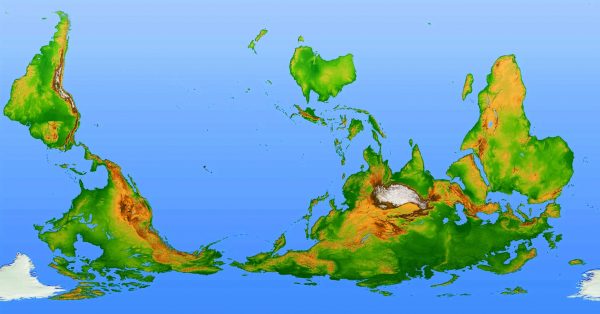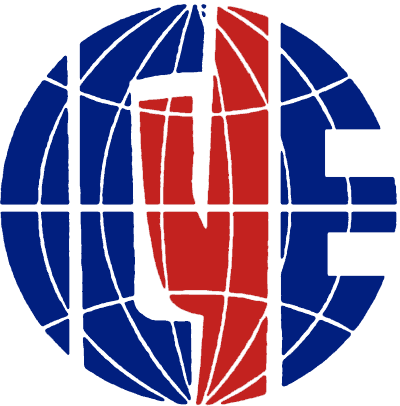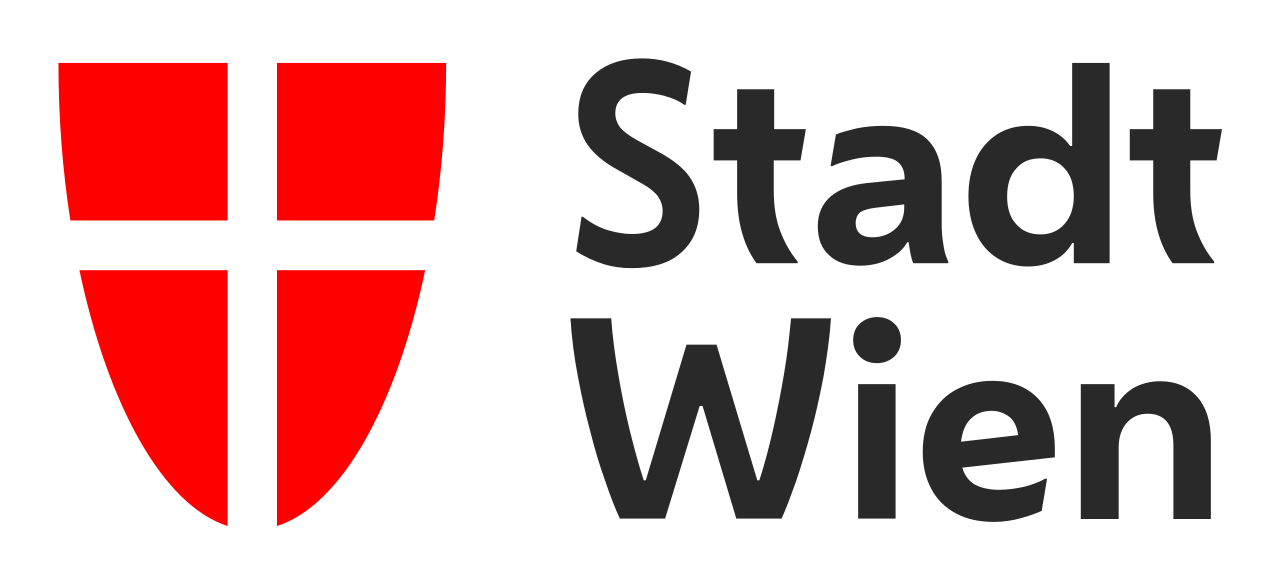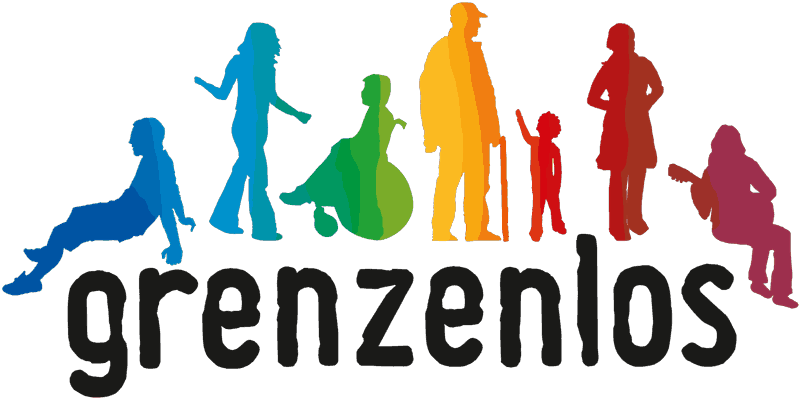In my last post I discovered the impacts of volunteering. To continue, now I’m going to dive deeper into the topic of learning through volunteering.
Volunteering promotes non-formal, life-long learning, which differs from the formal education that we gain for example in schools and universities. First I made a bit research to explain what this non-formal learning means and what is generally said about learning in volunteering projects.
Grenzenlos has four main values: mutual learning on eye level, personal development in a world full of possibilities, diversity and volunteering as a basis for peace. So, learning has its place among the most important values and here is what is said about it:
“Learning has an important role in Grenzenlos’ programmes and activities. Learning happens through experiences which means learning by doing. This kind of learning can often be difficult to recognize. Therefore Grenzenlos is supporting participants in their learning processes and giving them knowledge about non-formal education methods which help individuals to experience a successful learning process and to reflect and recognize learning outcomes.
Living together with other people and exchanging ideas, thoughts and experiences in everyday life is a good basis for diverse learning from each other. The better you learn to know and to understand cultures and realities of other people, the more openly you can meet diversity. Mutual listening and learning are skills that are set in a big role, as well as the skills to critically evaluate and reflect the cultures (both of the others and of your own) and the learning outcomes.”
(Source: https://www.grenzenlos.or.at)
One of the tools that is often used to recognize learning in volunteering and to make it visible is Youthpass. A volunteer can get a personal Youthpass certificate showing his/her individual learning outcomes. Everyone has their personal certificate focusing on different skills and outcomes, as everyone’s learning path is unique, but here are the eight key competences that are the basis of Youthpass.
- Multilingual competence
- Personal, social and learning to learn competence
- Citizenship competence
- Entrepreneurship competence
- Cultural awareness and expression competence
- Digital competence
- Mathematical competence and competence in science, technology and engineering
- Literacy competence
Competences = combination of skills, knowledge and attitudes
(Source: www.youthpass.eu)
As we can see, learning is a diverse process and it can mean many different things. Through volunteering you can learn many things that are useful in life, including concrete skills, knowledge, attitudes and ways of thinking – and above all, this learning happens by doing. Sometimes it can be a bit tricky to recognize or show non-formal learning, as it can’t be measured by exams, grades or levels. That’s why it’s important to talk about this topic, support people in their life-long learning processes and raise awareness of the value and importance of non-formal learning.
Let’s have a look how volunteers in different programmes and projects as well as a professional from Grenzenlos are thinking about this super important and central theme.
Emily – Volunteer European Solidarity Corps (ESC)
Emilia – Volunteer ICYE/Erasmus+
Michael – Volunteer ICYE/Workcamps
Mataz – Volunteer European Solidarity Corps (ESC)/In-country volunteering
Carlos – Co-worker at Grenzenlos

